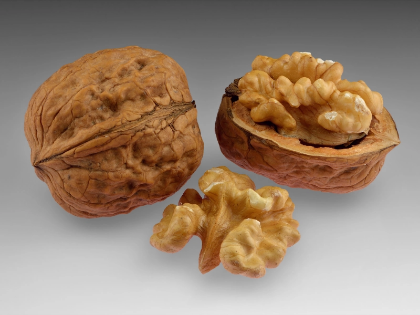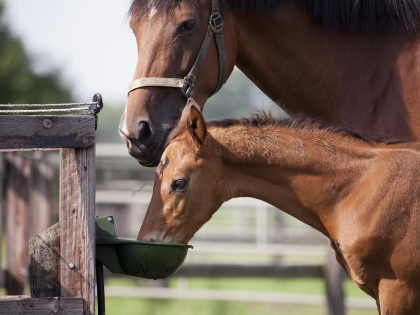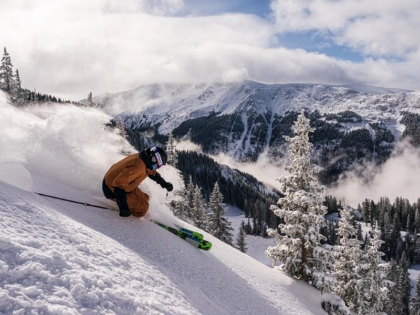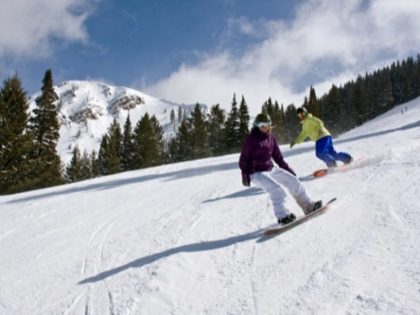Amateur Equestrian Competitions: How to Begin
A wonderful way to put both your horse and yourself to the test is to compete in equestrian contests. There are several competitions to pick from, regardless of your level of riding experience. Judges assess the horse and rider in these courses while they navigate a series of jumps. Every pair has a time limit, and riders that fall over the course too rapidly or knock down fences will be penalised.
Initially, implement a training program.
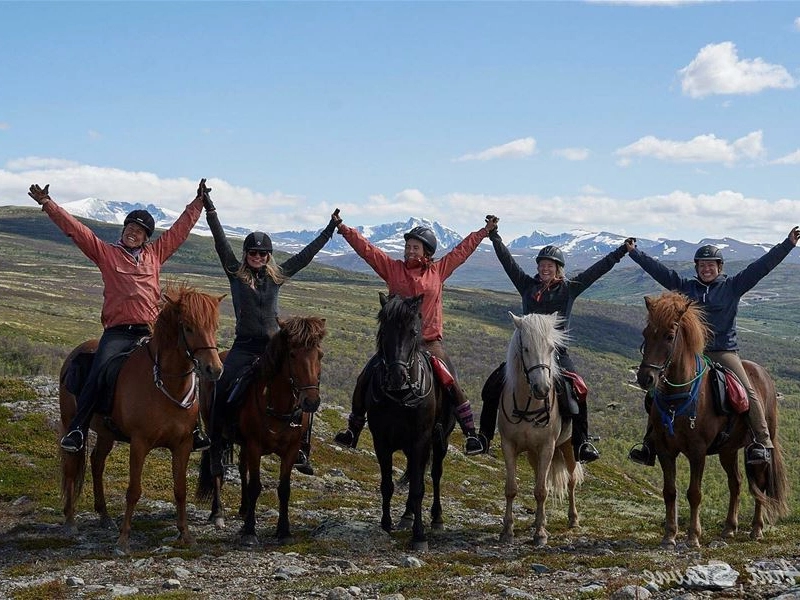
Locate a Riding Facility
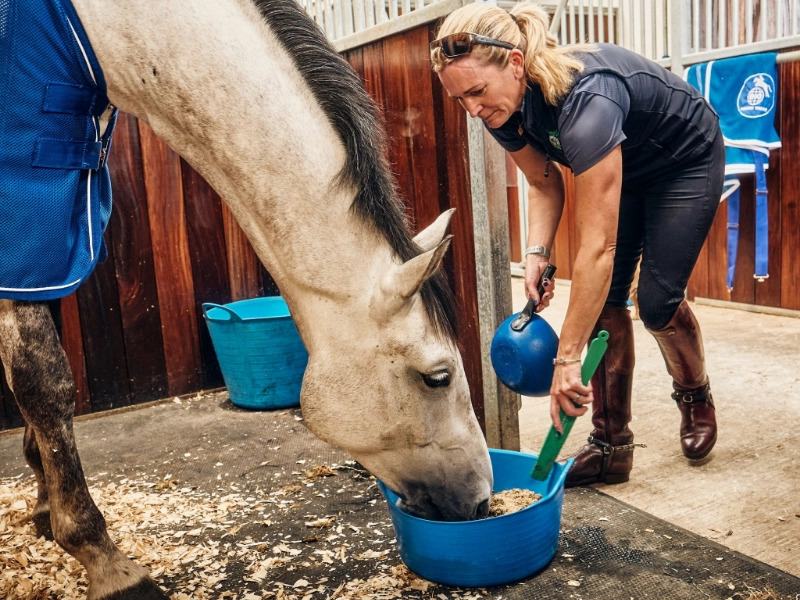 Horse exhibitions come in a variety of forms, from rated competitions to schooling. You can get advice from your trainer or instructor about what kinds of shows are suitable for your level of experience and the riding discipline you wish to follow.
The adaptability and endurance of the rider-horse combo are put to the test in a variety of disciplines. For example, cross-country riding has substantial fences along with organic barriers including banks, ditches, logs, water crossings and jump combinations that force riders to choose their course and speed carefully.
Dressage puts the rider's control and accuracy to the test through slides, changes of direction, and circles. Musical freestyle combines distinctive dance and music with the technical elements of dressage.
Similar to baseball tournaments, collegiate equestrian competitions consist of four events in which each school competes against two other colleges simultaneously. Teams' regular season performance determines whether they receive an invitation to the nationals. Teams are paired with horses for the competition by a championship committee once they have earned an invitation.
Horse exhibitions come in a variety of forms, from rated competitions to schooling. You can get advice from your trainer or instructor about what kinds of shows are suitable for your level of experience and the riding discipline you wish to follow.
The adaptability and endurance of the rider-horse combo are put to the test in a variety of disciplines. For example, cross-country riding has substantial fences along with organic barriers including banks, ditches, logs, water crossings and jump combinations that force riders to choose their course and speed carefully.
Dressage puts the rider's control and accuracy to the test through slides, changes of direction, and circles. Musical freestyle combines distinctive dance and music with the technical elements of dressage.
Similar to baseball tournaments, collegiate equestrian competitions consist of four events in which each school competes against two other colleges simultaneously. Teams' regular season performance determines whether they receive an invitation to the nationals. Teams are paired with horses for the competition by a championship committee once they have earned an invitation.
Locate a Rivalry
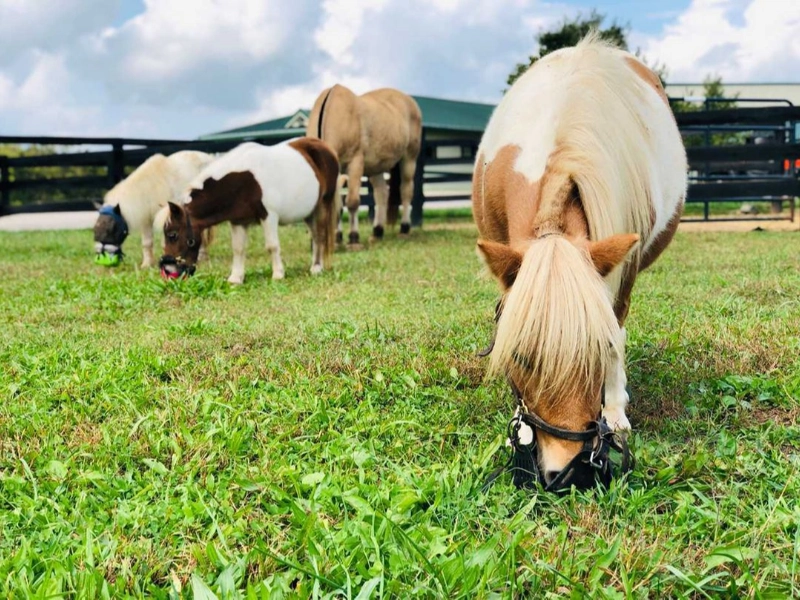 Everyone may find something to enjoy in the world of equestrian sports, from thrill-seekers to those who value discipline and style. It's crucial for amateur riders to participate in rated shows, or those approved by the FEI, the United States Equestrian Federation.
Eventing is a popular discipline for riders of all skill levels, as it tests a horse-rider team's abilities in three distinct phases: dressage, cross-country, and show jumping. Each phase's penalties are added to the overall score, and the winner is the contestant with the lowest cumulative score.
Western horsemanship judges assess horses at walk, jog, and lope, with an emphasis on the accuracy of the rider's movements and body position. Using the horses the institution provides, competing teams of two riders participate in four events in collegiate equestrian competition. Jousting, polo, dressage, barrel racing, and equestrian vaulting are among other well-liked sports.
Everyone may find something to enjoy in the world of equestrian sports, from thrill-seekers to those who value discipline and style. It's crucial for amateur riders to participate in rated shows, or those approved by the FEI, the United States Equestrian Federation.
Eventing is a popular discipline for riders of all skill levels, as it tests a horse-rider team's abilities in three distinct phases: dressage, cross-country, and show jumping. Each phase's penalties are added to the overall score, and the winner is the contestant with the lowest cumulative score.
Western horsemanship judges assess horses at walk, jog, and lope, with an emphasis on the accuracy of the rider's movements and body position. Using the horses the institution provides, competing teams of two riders participate in four events in collegiate equestrian competition. Jousting, polo, dressage, barrel racing, and equestrian vaulting are among other well-liked sports.
Purchase a Horse
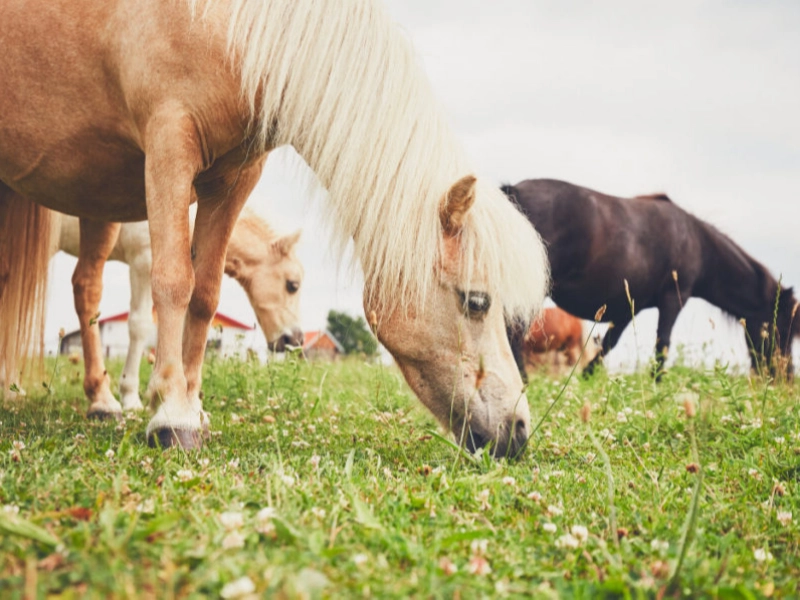 You'll need a horse when you're ready to compete. You can obtain one from a yard or livery (board for readers in the United States) where you share similar goals and know other riders. To feel safe and at ease while riding, it's critical to choose a horse with whom you get along well.
The intricate sport of eventing tests you and your horse in a variety of disciplines. This includes cross-country events that assess your ability to ride a course in a predetermined amount of time, show jumping competitions that gauge your horse's scope, athleticism, and speed, and dressage tests that test your balance, composure, and horsemanship.
Attending education exhibitions and observing what other people are doing is the greatest way to determine which classes you want to compete in. Always be willing to give a new horse a try, and ride a horse several times before determining whether or not the two of you click.
You'll need a horse when you're ready to compete. You can obtain one from a yard or livery (board for readers in the United States) where you share similar goals and know other riders. To feel safe and at ease while riding, it's critical to choose a horse with whom you get along well.
The intricate sport of eventing tests you and your horse in a variety of disciplines. This includes cross-country events that assess your ability to ride a course in a predetermined amount of time, show jumping competitions that gauge your horse's scope, athleticism, and speed, and dressage tests that test your balance, composure, and horsemanship.
Attending education exhibitions and observing what other people are doing is the greatest way to determine which classes you want to compete in. Always be willing to give a new horse a try, and ride a horse several times before determining whether or not the two of you click.




